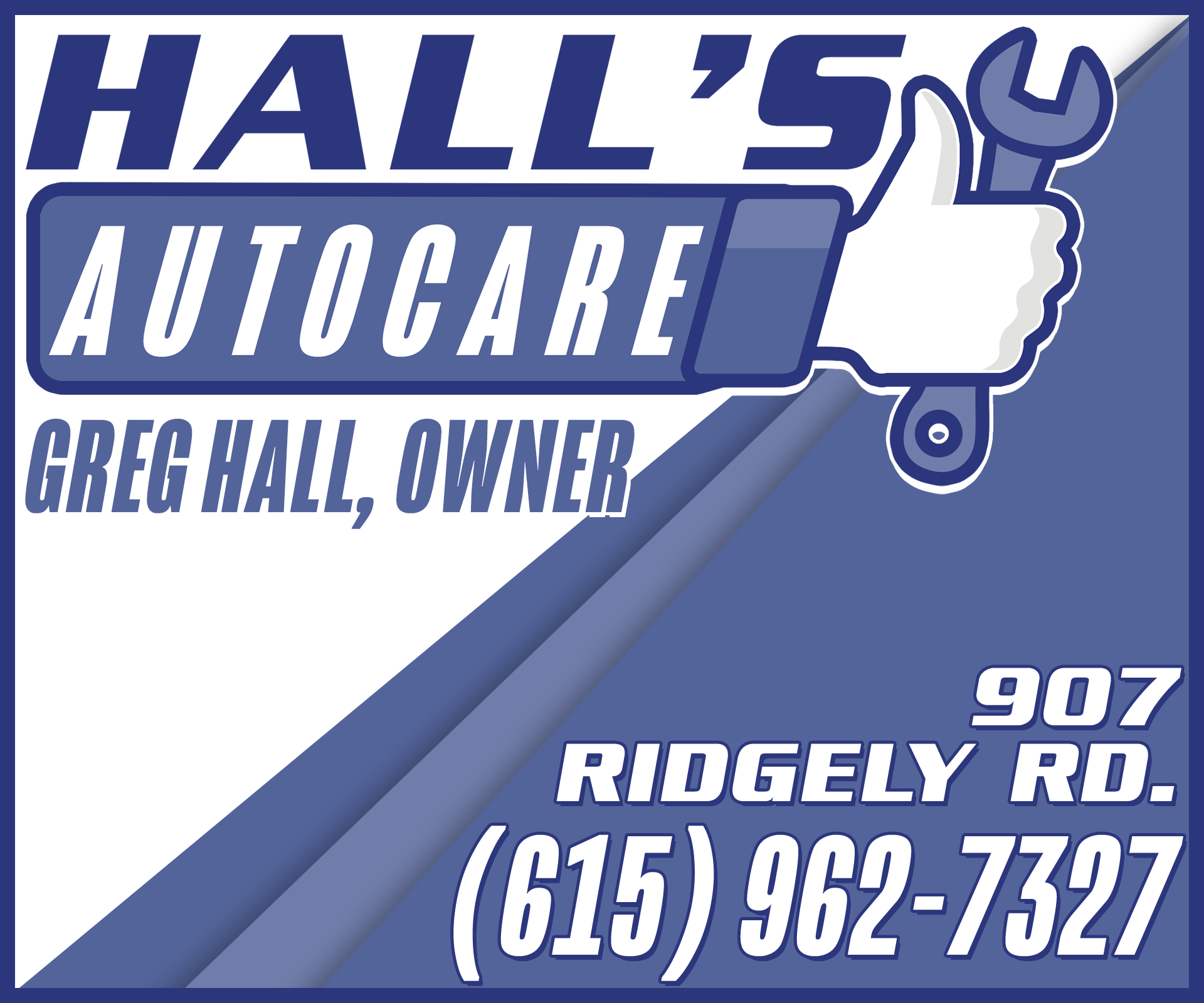While Tennessee courts have remained open and operational over the entire course of the COVID-19 pandemic, their working methods have in many instances changed to account for greater health and safety precautions.
A panel of three judges, one from each of the state’s grand divisions, recently discussed some of these changes and the effects they have had on litigation and court proceedings for much of the past year. While the judges acknowledged that conducing court virtually has its shortcomings, they also said it had improved efficiency and lowered costs in several ways, and predicted that certain practices implemented during the pandemic would persist in a post-pandemic future.
Firstly, all three judges said they were pleased with how smoothly the transition to a virtual court environment had been.
“I believe it has been going remarkably well,” Judge Hurd said, adding that she has actually been able to preside over more bench trials during the pandemic than in a similar span of time before it. That is partially because the ease of appearing remotely has resulted in fewer scheduling conflicts with people who have court business.
Chancellor Lyle echoed Judge Hurd’s comments.
“The experience of my court has been a very good and productive one, and I’m so thankful we had the Zoom technology to do it,” Chancellor Lyle said.
Chancellor Lyle has had seven bench trials during the pandemic, ranging from one day to three weeks long, and over 60 hearings. Her court also set up a YouTube channel to allow public access to proceedings.
Judge Davis said that proceedings on the appellate level have proven especially conducive to the use of remote technology.
“We don’t have to deal with some of the logistical things that the trial courts have to with respect to documents and evidence and testimony and all of those things that can make Zoom hearings complicated,” she said. This has rendered the virtual Court of Appeals oral arguments “pretty seamless.”
Chancellor Lyle said that some of those potential complications on the trial court level have been helped by the shared screen function available in Zoom. She said that feature has been especially beneficial in cases involving statutory construction or contracts, allowing all parties to examine the same documents clearly at the same time.
“When you put that document up, and everyone is looking at the same content, it moves faster,” she said.
One unforeseen advantage of the Zoom format for Judge Hurd has to do with witnesses. When she is on the bench, she is used to observing witnesses from the side as they sit at the witness stand. Zoom has allowed her to see witnesses face to face, giving her a better perspective of their demeanor.
In that way, Zoom “has been a benefit it seems to me,” Judge Hurd said.
With that being said, the use of remote technology does have some distinct disadvantages as well, the judges said.
For instance, neither Judge Hurd nor Chancellor Lyle have had any jury trials for many months and will not have any in the near future, as the Tennessee Supreme Court recently issued a new order suspending jury trials through March 31.
Even if jury trials could be held virtually, both Judge Hurd and Chancellor Lyle wondered how certain problems could be dealt with. For instance, would it make it more difficult to keep jurors away from electronic devices if they were not in court? Also, juries learn to function as a group over time, easing decision making. Would that sense of cohesion suffer if they were not physically in the same space?
There is also the prospect of technological glitches. Usually, these are manageable, but they can still slow things down. For instance, Judge Hurd recalled losing power at her home once during a hearing, causing a temporary delay, and recently faced a situation where an attorney’s connection caused them to go in and out of communication.
These examples provided an entry point to some best practices suggestions for attorneys from the judges regarding virtual hearings.
Chancellor Lyle stressed the importance of always making sure to give the court a phone number that you can be reached at in the event of a network outage.
Judge Hurd said to make sure that the lighting is good and that there is nothing distracting in the background when appearing in a Zoom hearing. She also said to do a test beforehand to make sure everything is working properly and to make sure you are fully visible in the camera view.
Judge Davis said that the Court of Appeals offers attorneys special sessions with information technology staff before oral arguments “to make sure your tech is working, that we can hear you, and that we can see you.”
“I would strongly encourage everyone to utilize that,” she said.
Judge Davis also said it is important for attorneys to remember that they are visible on screen even when they are not making their oral argument. They should also address judges directly, looking into the camera and not around the room while they talk.
Professional dress is another must for oral arguments, as is the most commonly faced minor technological issue faced when using remote technology.
“Remember to unmute yourself when it’s your turn to talk,” she said.
Despite some of the shortcomings of the virtual format, that format has numerous advantages the judges expect could prove useful even when the pandemic is in the rear-view mirror.
One of its primary advantages has to do with the elimination of costly and time-consuming travel for out-of-town attorneys or witnesses.
“Lawyers who have a case in Memphis but live in Nashville don’t have to travel to Memphis for a hearing,” Judge Hurd said. “I think that’s a positive thing.”
Chancellor Lyle raised the example of an expert witness traveling from Minnesota to Nashville and then staying at a hotel for three days while waiting to testify.
“People have complained for a long time about the cost of a lawsuit, and we’ve now got some ways we as a profession can address that,” she said. “We can address some of these higher fees for experts, travel, things like that. I’m excited about that.”
In the end, while this new way of doing things has led to some potentially lasting benefits, for many there is no substitute for having court in person.
“From my perspective I really enjoy and prefer the in-person oral argument,” Judge Davis said. “It’s a little bit old school of me, but I think there’s something to be said and gained from the process of being in that courtroom and standing up and walking to that podium in front of the panel of judges and making your argument. I’m not averse to doing some things on Zoom, but I hope we don’t give up the idea of being in the courtroom.”





